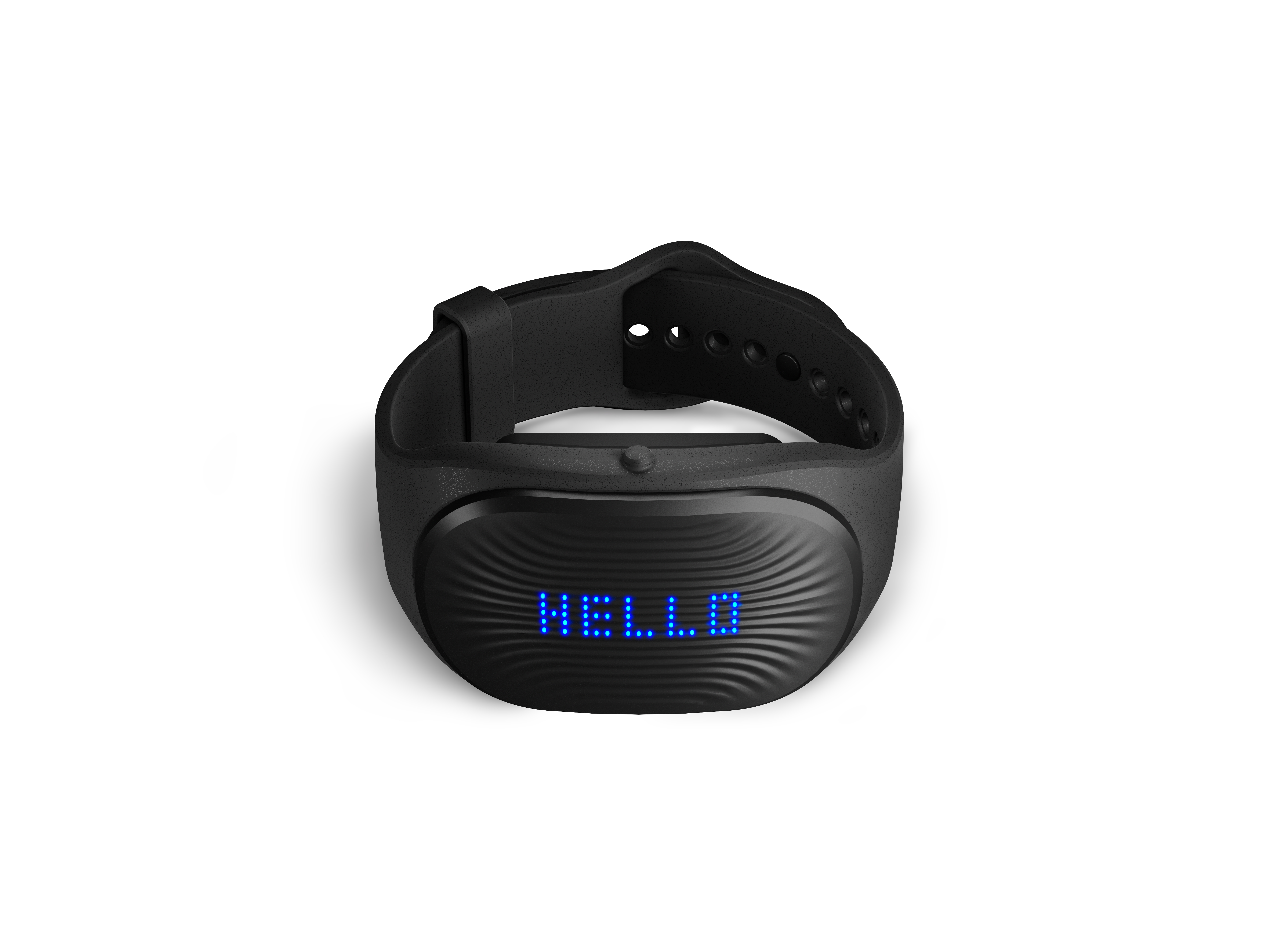Stepping beyond steps, new health devices track nutrition, medication


Since Fitbit pioneered the Bluetooth-infused pedometer, most of the broadly targeted health devices in the marketplace have focused on refining the tracking of activity and its effects on vital signs. Compared to the original Fitbit, subsequent activity monitors have gotten smaller and more accurate. They also use a wider range of inputs such as the optical sensors on the underside of many smartwatches such as the Apple Watch to measure pulse rate.
But the end-result has still focused on the output part of the calorie-exertion equation. One company with a fresh approach is HealBe. Like other fitness trackers, the $199 GoBe 2 fitness band can track steps, heart rate, and sleep. However, the device causes an impedance sensor to also measure the level of hydration, stress, and the impact that different kinds of nutrients have on your skin within a time range from 15 minutes to six hours after you eat.
In testing the device, I found it in the neighborhood of calories consumed with helpful reporting of sleep, hydration, and activity. The GoBe 2 can even notify you with its LED display when it's time to drink more or when your emotional state has been raised. However, the device is rather large and thick for a wrist-worn wearable, particularly one that isn't a smartwatch, and syncing it to the app can be slow as it doesn't sync data in the background.
For many consumers, maintaining health requires taking medication in a daily dose or on more complex schedule. In October, I wrote about PillDrill, one of the best implementations of the pill reminder devices to date. Now TimerCap, which pioneered a relatively inexpensive lower-tech pill bottle cap that notifies users of how long it has been since their last dose, has introduced a more connected product, the iSort.
Unlike PillDrill, which uses NFC-equipped pill pods that are tapped against a base to signal the taking of medicine, the iSort device is itself a seven-day pill box that automatically signals when a cap for a day is opened, thus removing a step for tracking medication taking.
And while the iSort, like the PillDrill, can provide reminders to your phone when medications are due, it has no integrated audio or light alerts as the PillDrill does, and can only do so when the medication is relatively close by since it has Bluetooth but not Wi-Fi. Still, at $89, it is about half the price of the PillDrill.
Both products help address tracking of important variables in determining one's overall health picture. However, while the GoBe 2 can integrate its data with Apple Health, the iSort's database of drugs is little more than a shortcut to typing them. Neither it nor the PillDrill understand anything about what the medications actually do, much less warn you if, for example, you shouldn't be driving within an hour of taking a certain pill.
A long road awaits true integration of these kinds of inputs to create the real payoff for tracking, actionable advice.
PREVIOUS AND RELATED COVERAGE
PillDrill offers reminders to improve medication adherence
https://www.zdnet.com/article/pilldrill-offers-reminders-to-improve-medication-adherence/While it leaves a few loopholes, the PillDrill system can remind people visually and audibly that it's time to take their meds.
Top tech fitness gadgets to help you get fit and healthy
https://www.zdnet.com/pictures/top-tech-fitness-gadgets/Let's be honest, many of us spend far more time sitting that is good for us.
Fitbit buys startup Twine Health to grow health services, revenue
https://www.zdnet.com/article/fitbit-buys-startup-twine-health-to-grow-health-services-revenue/Twine Health offers a HIPAA-compliant health coaching platform that aims to help users improve health outcomes.